IMPLANT FAILURE
Implant Failure: Serious Technical Challenges, But We Can Help
Implants are the only solution that can fully replace the root of a tooth, promoting healthy bone and tissue through proper placement and osseointegration (bone integration). This process preserves bone mass and supports overall tissue health. However, despite their reliability, implants can fail due to various factors. When this occurs, it’s crucial to obtain an accurate diagnosis as soon as possible to address the issue. No matter how serious the technical challenge is, our expert team is equipped to provide solutions and restore your dental health with precision.
Implant Failure: A Serious Situation, But We Can Help
Implant failure can be classified into three categories: ailing, failing, and failed.
- Ailing implants are the mildest form, showing early signs of inflammation and slight bone loss.
- Failing implants indicate more significant bone loss and must be addressed immediately. Causes could include poor hygiene, infection, or incomplete osseointegration. Quick intervention with bone grafts and rehabilitation can often save the implant.
- Failed implants, the most severe, involve implant mobility and require removal. New bone grafts are placed, and a new implant can be inserted after four months.
Though implant failure is a serious situation, our team is equipped to help at every stage. Whether it’s early intervention or full implant replacement, we are committed to restoring your dental health.
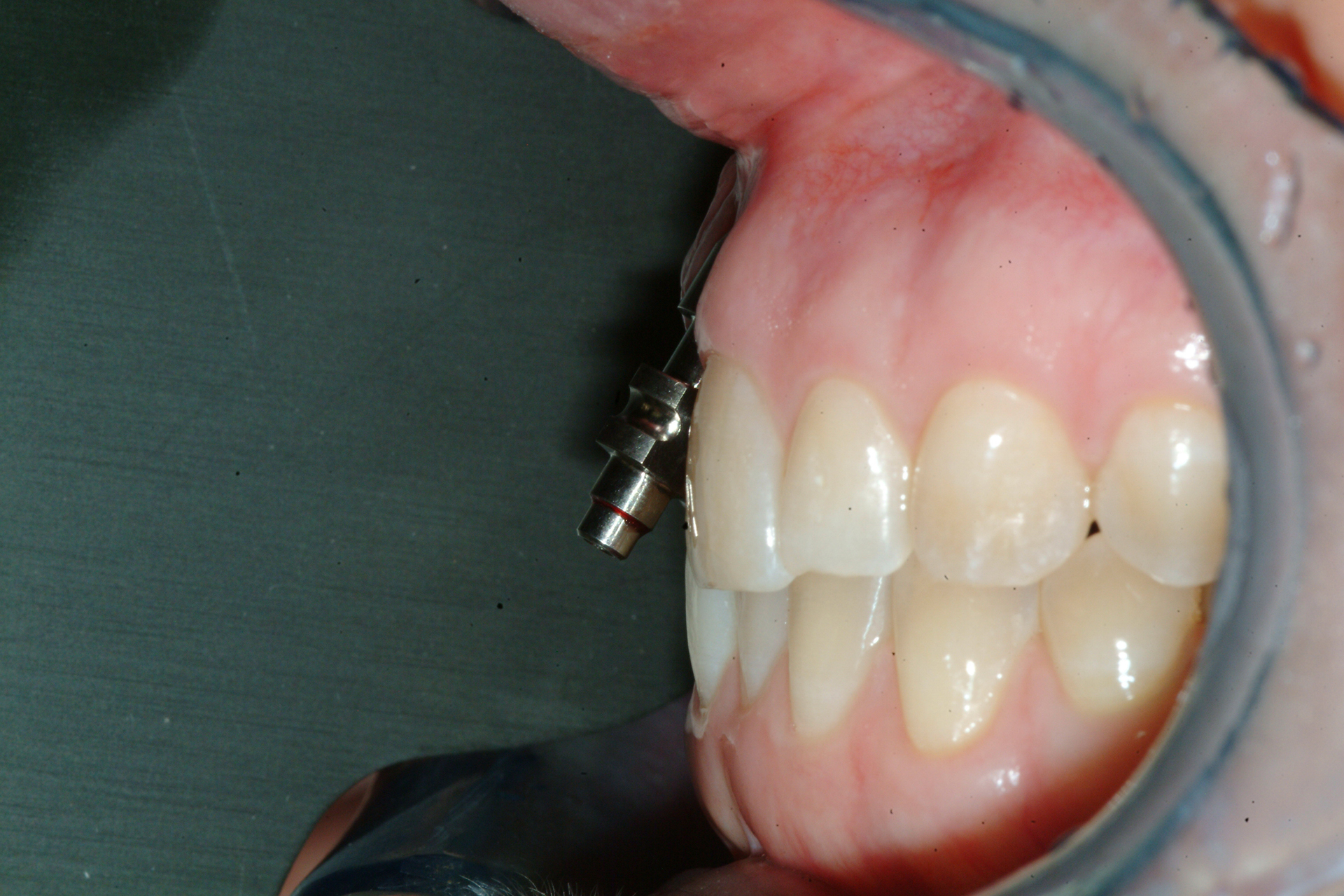
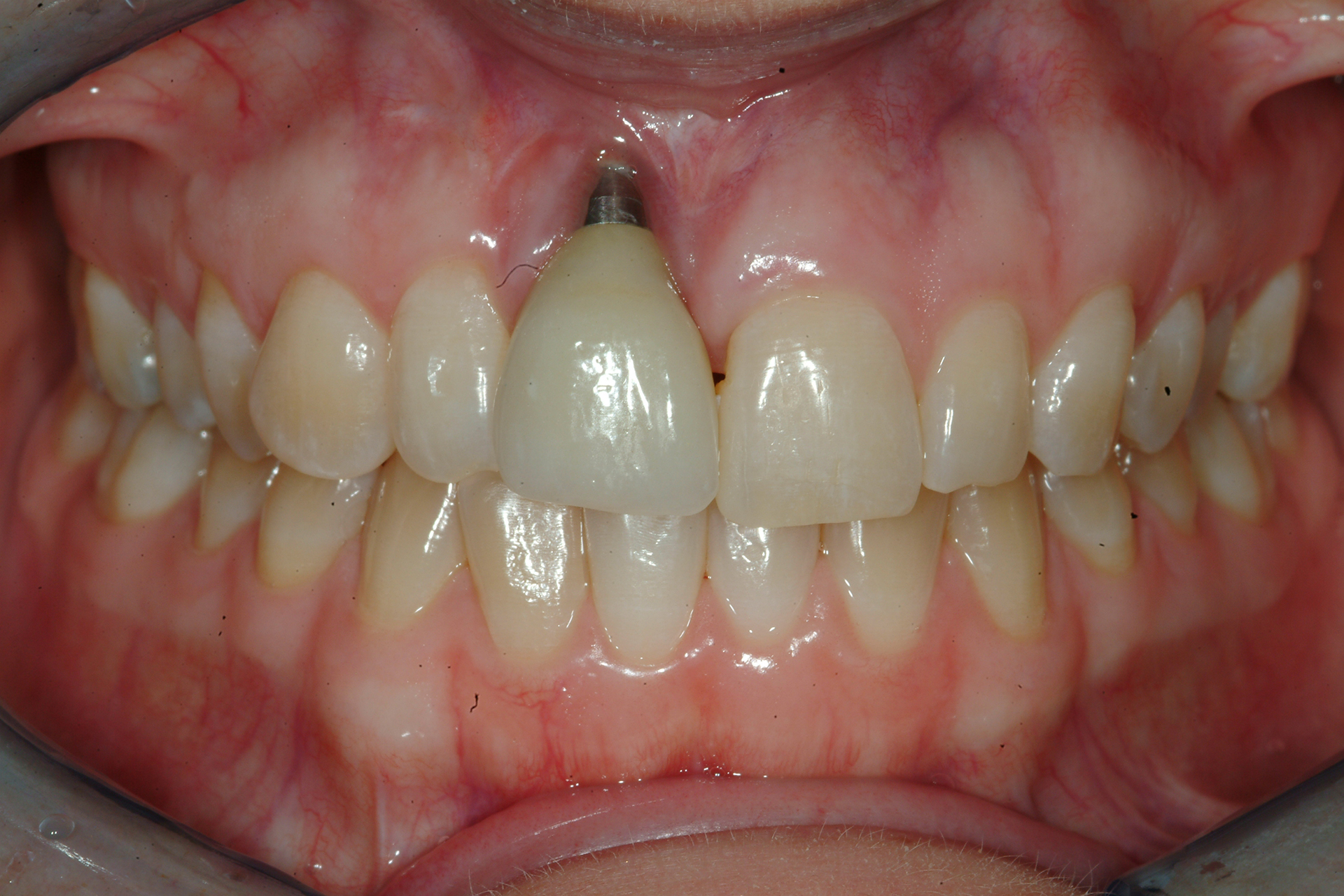
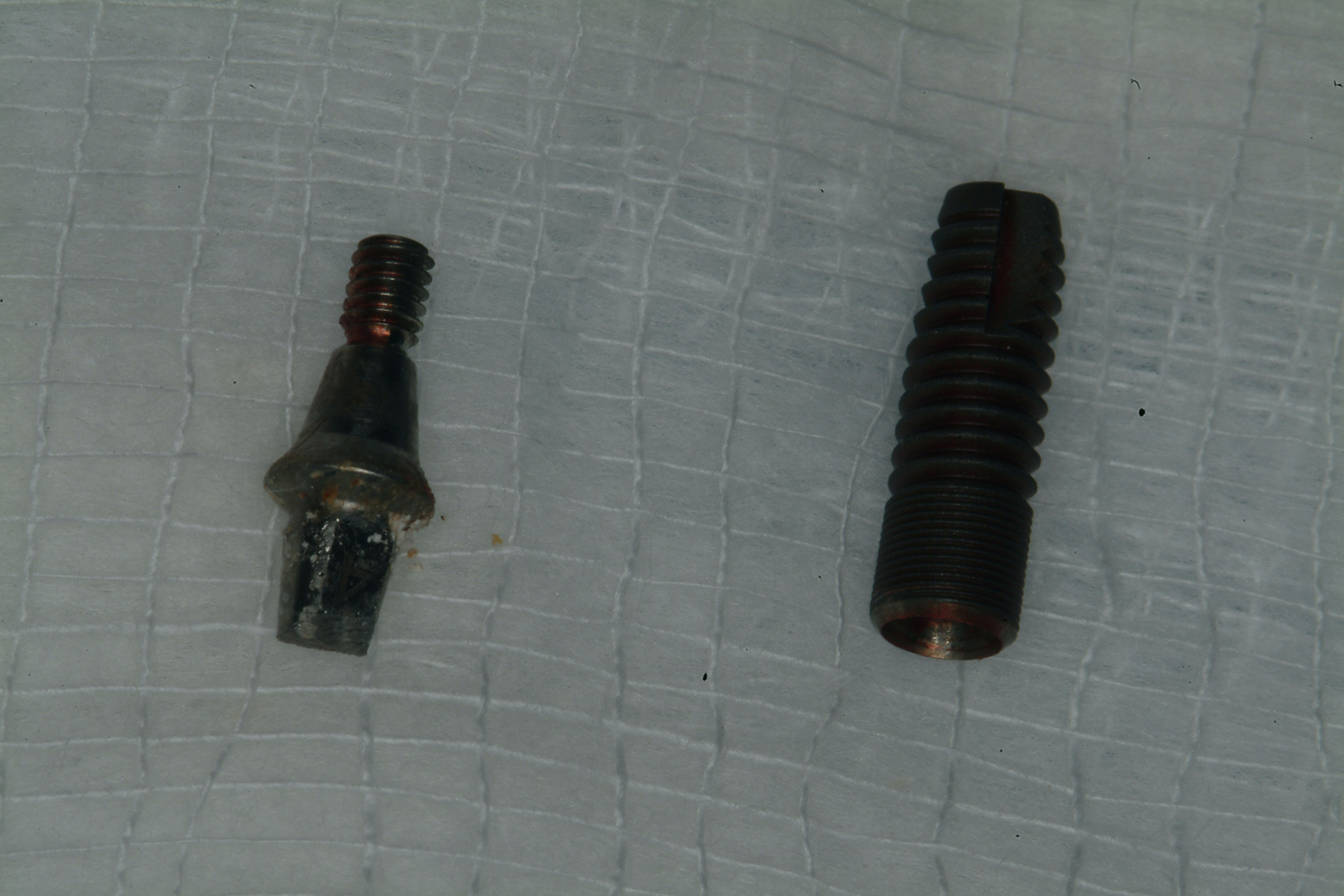
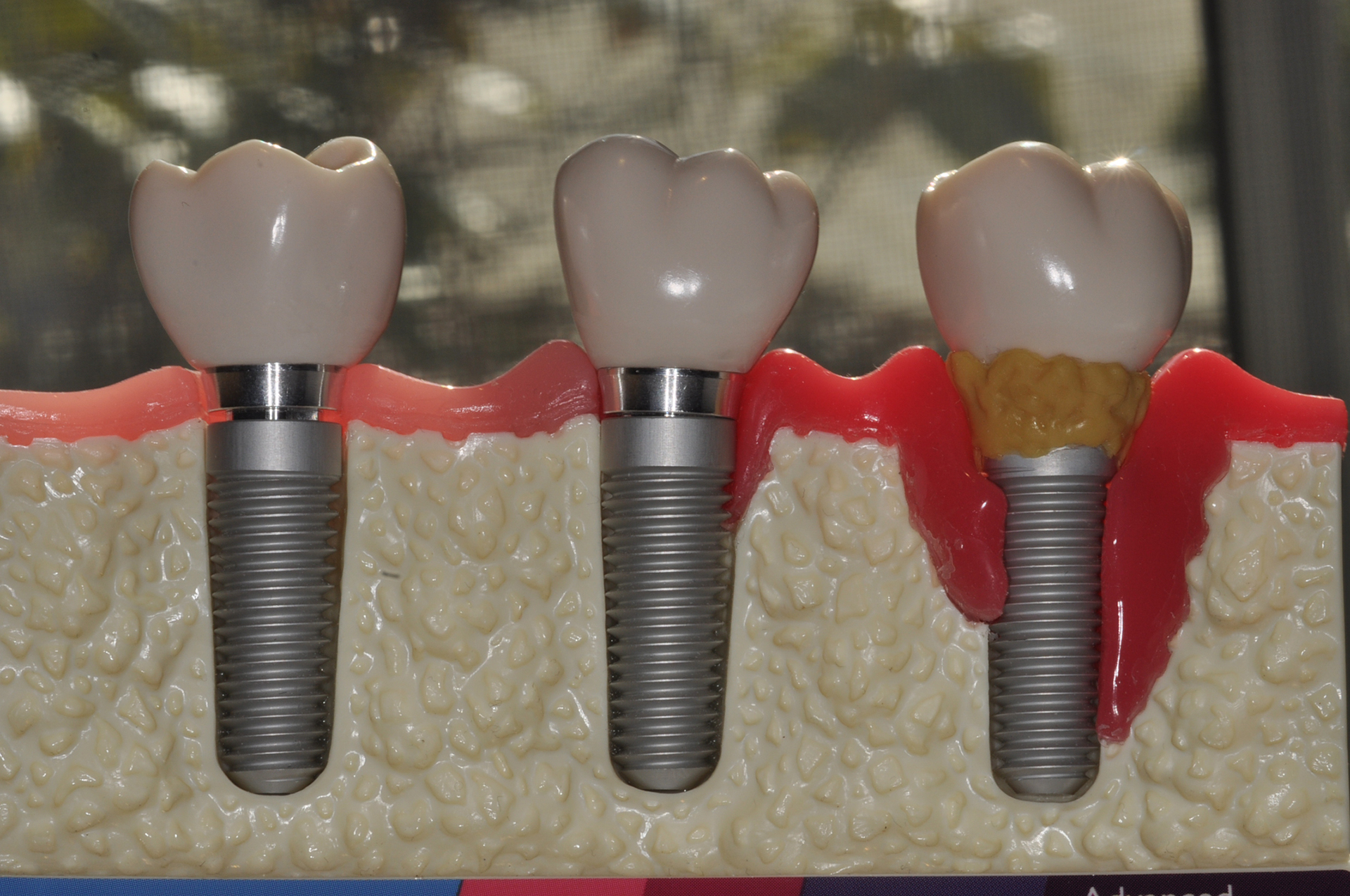
Early Implant Failure: Causes and Solutions
Early implant failure occurs shortly after the implant procedure, often due to technique errors or patient-related factors. One common issue is insufficient water during the procedure, which can cause the bone to overheat and result in necrosis. Improper force (torque) during implant placement can also lead to failure, whether too much or too little is applied.
Other factors include poor bone quality, inadequate bone grafting, contamination during surgery, and excessive chewing or biting pressure during the critical osseointegration phase. Improperly placed temporary restorations can further exert undue force on the implant, preventing it from integrating with the bone.
While these issues are serious, early intervention and correction can often prevent long-term failure and restore the implant’s success.
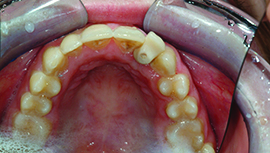
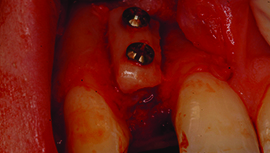
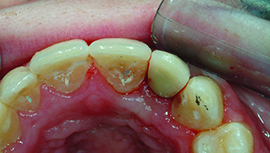
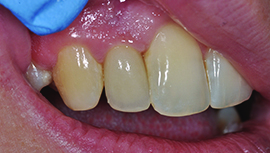
Late Implant Failure: Causes and Expert Solutions
Late implant failure often results from excessive bite forces, changes in jaw position, clenching, or wear on surrounding teeth, as well as patients health. Implants may also fail due to improper treatment planning, such as incorrect implant size, type, or position, leading to overloading and eventual fracture.
Additionally, a prosthetic failure can occur if the restoration (crown or bridge) is improperly attached. This may require new abutments, screws, or a complete remake of the prosthesis to maintain the integrity of the implant.
Expert Solutions for Restoring Failed Implants
When an implant fails, immediate action is crucial to prevent further damage. At Dental365 – , our board-certified oral surgeon removes the failed implant, re-prepares the site with bone grafts, and places a new implant specifically designed to better fit the area. We meticulously restore the occlusal relationship and preserve the space with a space maintainer to ensure proper function.
Routine dental hygiene and consistent care are vital to maintaining implant health. Our team is here to provide expert solutions and restore your smile with confidence.
Changing Lives... One Smile At A Time
COMPLIMENTARY CONSULTATION
Get expert care from Long Island’s best with a FREE CONSULTATION for cosmetic dentistry, veneers, dental implants, or full arch implants like TrueTEETH, Hybridge, and All on 4.
Emergencies Welcomed
Emergencies can happen when you least expect them, and we’re here to help.




